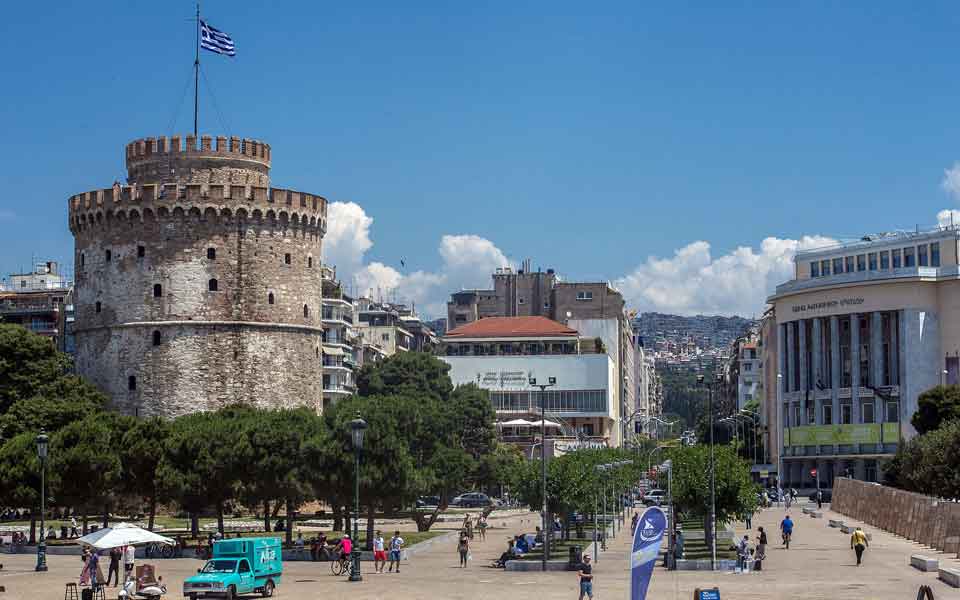Thessaloniki metro run by private entity?

Infrastructure Minister Kostas A. Karamanlis said on Monday that the operation of the metro system being built in Thessaloniki may be conceded to a private entity.
During his visit to the construction site of Venizelou station, the minister set April 2023 as the deadline for the conclusion of work and for the start of the metro service. His presence in the city, one day before Prime Minister Kyriakos Mitsotakis was to visit, served to ease the tension between Attiko Metro and the construction company that has seen them trading accusations over delays in the project, mainly concerning Venizelou station.
Karamanlis announced that the government has decided to concede the operations of the Thessaloniki metro to an entity that will win a tender “which meets the standards of modern European metro systems.” The minister said the tender will be launched immediately as it will take at least two-and-a-half years for its conclusion.
That choice appears particularly interesting, as in the case of the Athens metro in the late 1990s the company’s officials were trained in Germany and then trained staff in Greece; however, back then there had been massive hirings along party criteria, which is rather unlikely if the project is to be run by a private entity. An international tender is dictated by law when there is no state entity to which a project is conceded.
Karamanlis also announced that the Thessaloniki metro will operate in April 2023, with the disputed Venizelou station, which shows there is at least a provisional understanding with the contractor regarding the timetable. The station’s construction has been severely delayed due to the antiquities located at the site. To earn some time, the ministry has decided that the removal and reinstallation of the antiquities will not be through an open tender but via a direct concession so that this project begins in early fall and the archaeological survey of the underlying level begins in early 2021.
The minister reiterated that the government, the Central Archaeological Council, and the regional and municipal authorities agree that the removal and reinstallation of the antiquities is the optimum solution, arguing that whoever creates judicial obstacles to that process will be responsible for whatever follows.





